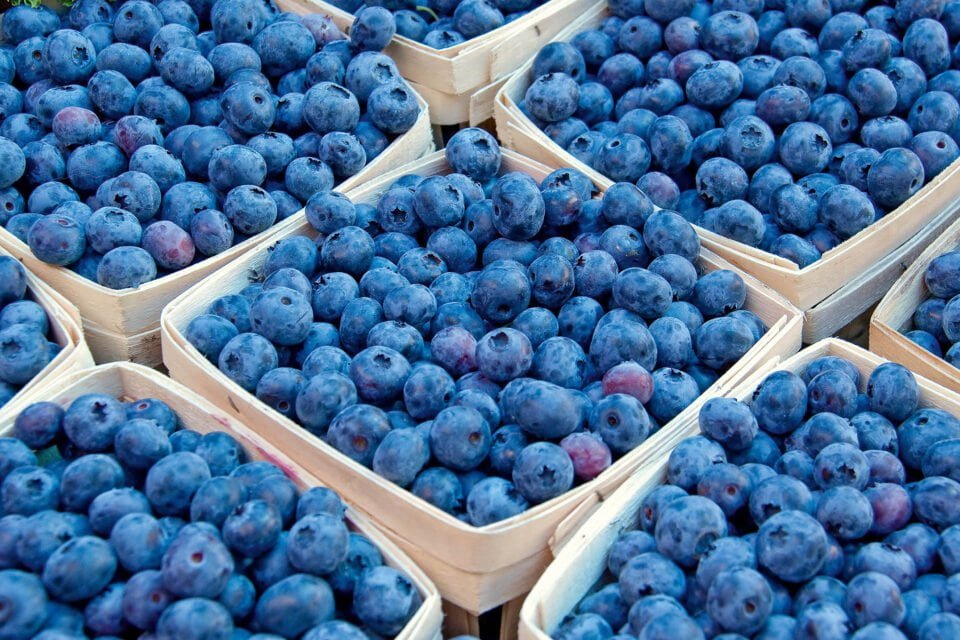According to EastFruit analysts, in 2023 Ukraine made a real “berry breakthrough” into the very difficult Swiss market. The fact is that Switzerland is not a member of the European Union, so the food market in this country is very protected from imports, and the requirements for product safety and quality are very high. That is why the success of suppliers from Ukraine in this market is an important milestone for the further development of Ukraine’s expansion into the global markets of fresh and frozen berries.
From January to November 2023 inclusive, Ukraine supplied 393 tons of frozen raspberries to Switzerland, which was 86% more than a year earlier, and 288 tons of other frozen berries, most likely wild blueberries, which was 63% more than in the same period of 2022. However, the greatest progress was achieved in the fresh blueberry segment, exports of which increased 16 times and reached 100 tons. Although this is still a relatively small volume, good dynamics are important. In terms of the growth rate, Ukraine has by far surpassed all competitors on market of Switzerland.
In addition, Ukraine also supplied more blueberries to Switzerland than such a large European exporter as Portugal. By the way, over the same period Poland was unable to increase its exports of fresh blueberries to Switzerland compared to 2022, not least due to growing competition from Ukraine.
In terms of the volume of frozen raspberries supplied to Switzerland, Ukraine entered the top 5 largest exporters, surpassing Chile. It should also be noted that none of the countries increased exports of frozen raspberries to Switzerland at the same pace as Ukraine. E.g., Poland reduced exports of this product to Switzerland during the reporting period by 24%, yielding its market share to Ukraine.
“The sharp increase berry exports to the Swiss market can be considered very important for strengthening the reputation of Ukraine not only as a supplier of affordable berries, but also as a supplier of high-quality product. Let’s hope that Ukraine will be able to further increase investments in improving the quality of products in order to more fully use its climatic advantages and have a reserve for increasing procurement prices for berries. This, in turn, will increase investment in berry production,” says Andriy Yarmak, economist at the Investment Centre of the Food and Agriculture Organization of the United Nations (FAO).
The use of the site materials is free if there is a direct and open for search engines hyperlink to a specific publication of the East-Fruit.com website.




